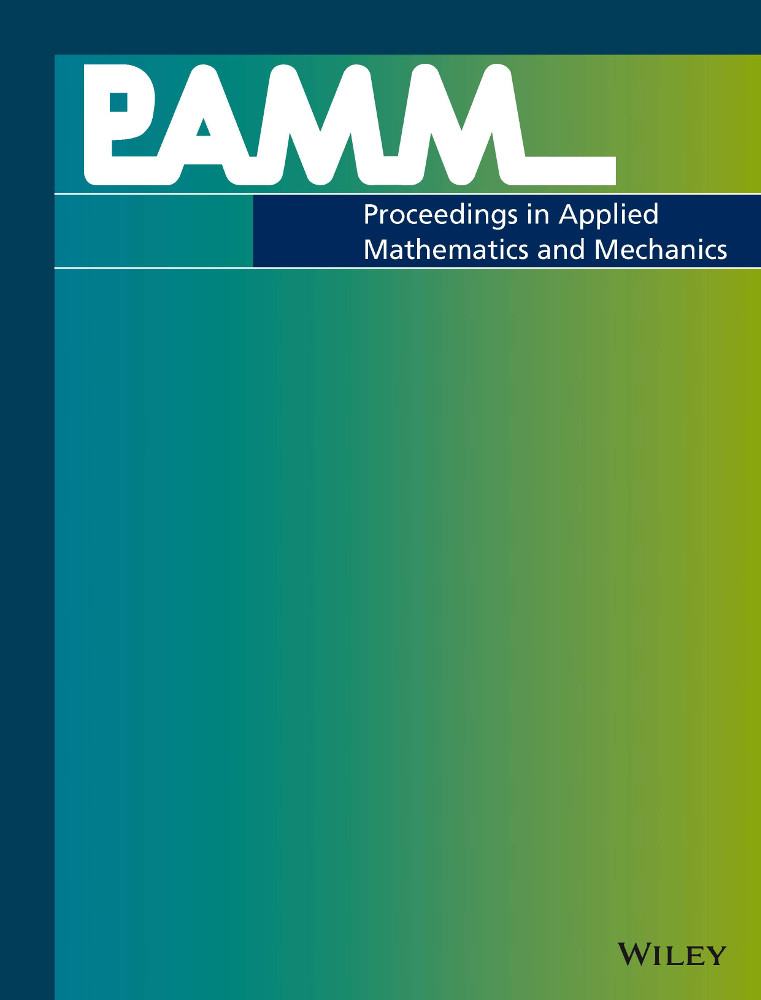A data-driven solver scheme for inelastic problems
Abstract
We review the data-driven computing paradigm for inelastic problems. We extend an efficient graph search algorithm for the data search by thermodynamic constraints and a rate independent history parametrization based on the mechanical work increment. In addition, we propose a strategy how to use commercial solvers in the framework. Finally, we demonstrate the proposed method with a numerical example featuring 2-d continuum plasticity.
Acknowledgments
All authors gratefully acknowledge the financial support of the Deutsche Forschungsgemeinschaft (DFG) and French Agence Nationale de la Recherche (ANR) through the project ”Direct Data-Driven Computational Mechanics for Anelastic Material Behaviours” (ANR-19-CE46-0012-01, RE 1057/47-1, project number 431386925) within the French-German Collaboration for Joint Projects in Natural, Life and Engineering (NLE) Sciences. Open access funding enabled and organized by Projekt DEAL.




